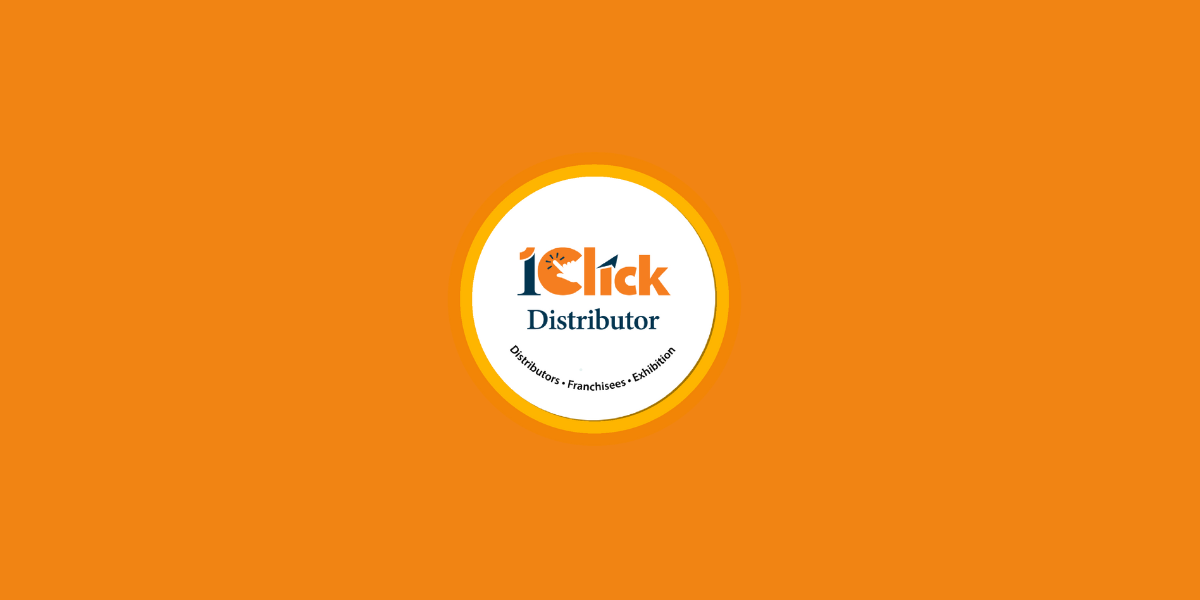Starting a new business can be an exciting and rewarding experience, but it also comes with its fair share of challenges, particularly when it comes to managing cash flow. Cash flow is the lifeblood of any business, and as a start-up, you need to ensure that you have enough cash on hand to cover your expenses, invest in growth opportunities, and pay your bills on time.
In this article, we will provide some tips and strategies for managing cash flow in a start-up, based on the experiences of successful entrepreneurs and financial experts.
-
Create a cash flow forecast:
The first step in managing cash flow is to create a detailed cash flow forecast for your business, which should include all of your expected income and expenses over a specific period, such as a month or a quarter. This will help you to identify any potential cash flow shortages or surpluses and to plan accordingly.
-
Monitor your cash flow regularly:
Once you have created your cash flow forecast, it’s important to monitor your cash flow regularly and to adjust your forecast as necessary. This will help you to stay on top of any unexpected cash flow issues, such as delayed payments from customers or unexpected expenses, and to take proactive measures to address them.
-
Manage your inventory carefully
: One of the biggest cash flow challenges for start-ups is managing inventory levels. Too much inventory can tie up valuable cash, while too little inventory can result in lost sales and missed opportunities.
To manage inventory carefully, you should:
- Conduct regular inventory audits to ensure that you have the right amount of inventory on hand.
- Use inventory management software to track inventory levels and forecast demand.
- Implement a just-in-time (JIT) inventory strategy, which involves ordering inventory only when it is needed, to minimize inventory holding costs.
-
Manage your accounts receivable carefully:
Another major cash flow challenge for start-ups is managing accounts receivable, which refers to the money that your customers owe you.
To manage accounts receivable carefully, you should:
- Set clear payment terms with your customers, and communicate them.
- Follow up promptly on overdue payments, and consider offering discounts for early payment.
- Consider using factoring or invoice financing to convert unpaid invoices into cash more quickly.
-
Manage your accounts payable carefully:
To manage accounts payable carefully, you should:
- Negotiate favorable payment terms with your suppliers, and consider offering early payment discounts.
- Use accounts payable software to track your payments and forecast cash flow requirements.
- Consider implementing a pay-as-you-go (PAYG) strategy, which involves paying your suppliers as you receive payment from your customers, to minimize the amount of money tied up in accounts payable.
-
Manage your fixed expenses carefully:
Fixed expenses, such as rent, salaries, and insurance, can be a major drain on cash flow, particularly for start-ups.
To manage fixed expenses carefully, you should:
- Negotiate favorable lease terms with your landlord, and consider subleasing or sharing office space with other start-ups.
- Consider outsourcing certain functions, such as accounting or HR, to reduce fixed expenses.
- Consider implementing a variable costing strategy, which involves adjusting your pricing and production levels based on changes in demand, to minimize fixed expenses.
-
Manage your working capital carefully:
Working capital refers to the money that you have available to cover your day-to-day operating expenses.
To manage working capital carefully, you should:
- Monitor your working capital closely, and adjust your cash flow forecast as necessary.
- Consider implementing a cash flow management plan, which involves setting specific goals and strategies for managing cash flow.
- Consider implementing a cash flow forecasting system, which involves regularly forecasting your cash flow and adjusting your operations accordingly.
In conclusion, managing cash flow is a critical challenge for start-ups, but by following these tips and strategies, you can ensure that you have enough cash on hand to cover your expenses, invest in growth opportunities, and pay your bills on time. By creating a cash flow forecast, monitoring your cash flow regularly, managing your inventory and accounts receivable carefully, managing your accounts payable and fixed expenses carefully, and managing your working capital carefully, you can position your start-up for success and minimize the risk of cash flow issues.













